Do Cashew Nuts Affect Blood Sugar?
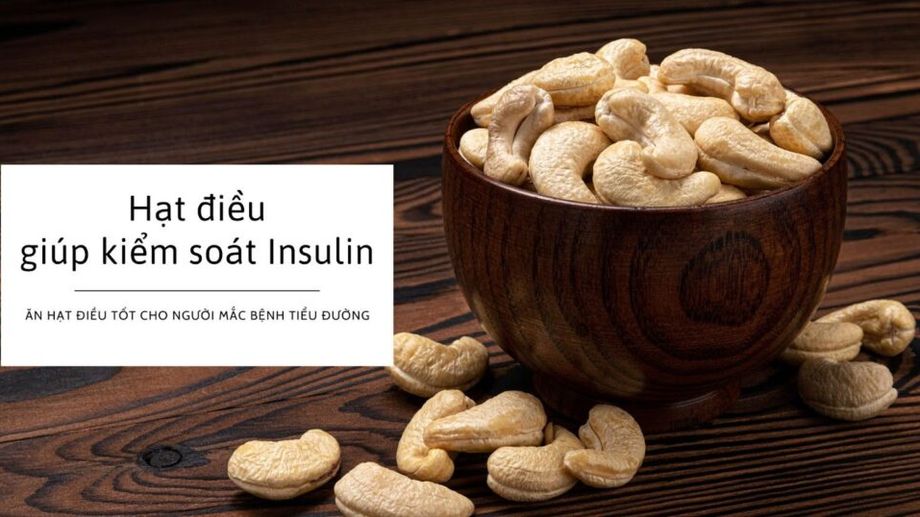
1. Does eating cashew nuts increase blood sugar?
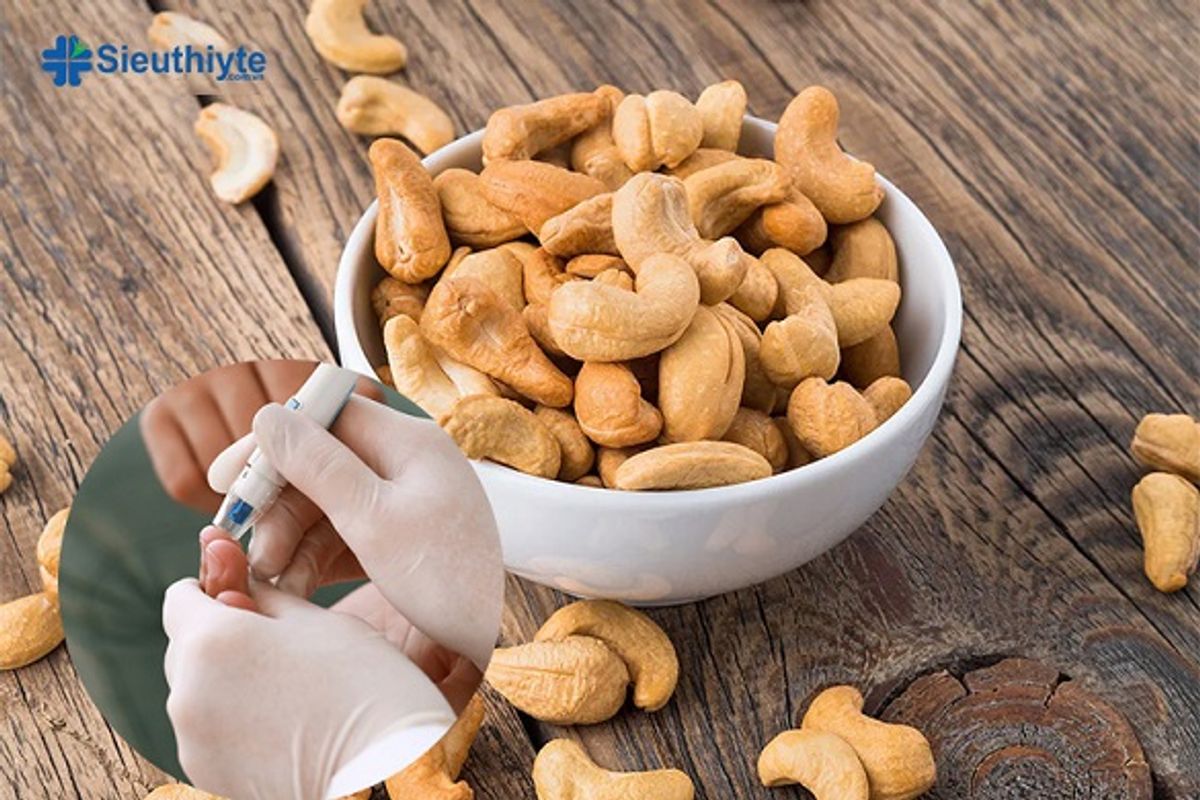
Eating cashew nuts can increase blood sugar levels, but the impact is relatively minimal compared to other foods. Cashews contain carbohydrates, which are broken down into sugar during digestion and absorbed into the bloodstream. However, they have a low glycemic index (GI) of 22, meaning they cause a slower and lower rise in blood sugar levels compared to high-GI foods.
For most people, the effect on blood sugar is modest, especially when eaten in moderation as part of a balanced diet. However, if you have diabetes or are concerned about blood sugar levels, it's always a good idea to monitor your intake and consult with a healthcare provider.
2. Composition of sugars in cashew nuts
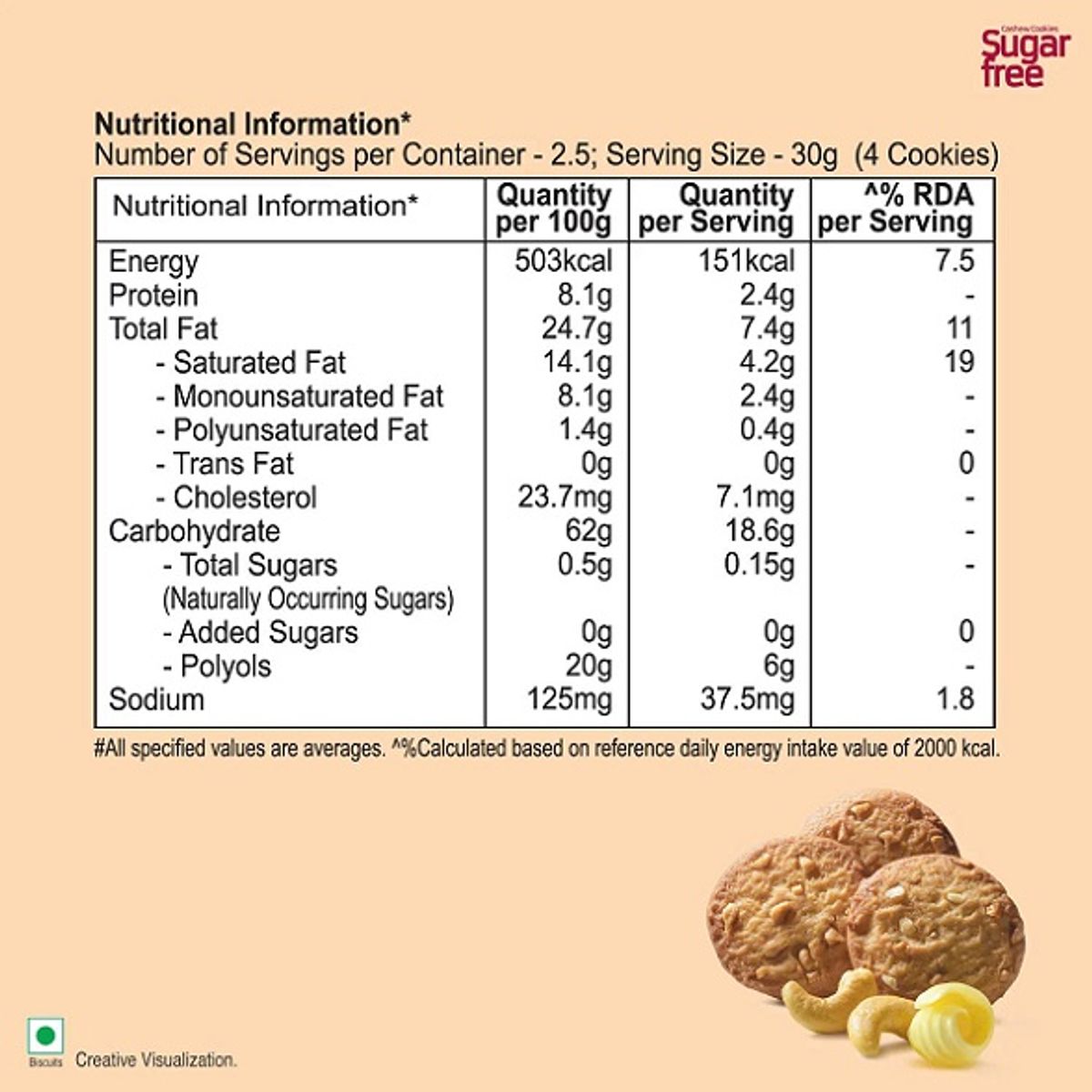
Cashew nuts contain a relatively small amount of sugars. In one serving of cashew nuts (28 grams), you’ll find:
Total Sugars: Approximately 1.7 grams
- Sucrose: The primary sugar, making up most of the total sugar content.
- Glucose: Present in smaller amounts.
- Fructose: Also found in minor quantities.
While they do contain some sugars, the overall amount is quite low, which contributes to their low glycemic index and minimal impact on blood sugar levels compared to high-sugar foods.
Cashews' balance of healthy fats, protein, and fiber helps mitigate rapid sugar absorption, making them a nutritious choice for snacking.
3. How cashew nuts affect diabetes
Cashew nuts can be a good addition to a diabetes-friendly diet when consumed in moderation. Here's how they can affect diabetes:
Glycemic Index (GI)
- Cashew nuts have a low glycemic index (GI) of around 25, meaning they cause a slow and steady rise in blood sugar levels rather than a spike. This makes them a suitable option for people with diabetes.
Nutrient Content
- Cashews are rich in healthy fats, protein, and fiber, which can help regulate blood sugar levels. The healthy fats and protein can improve insulin sensitivity and reduce the risk of cardiovascular complications associated with diabetes.
Portion Control
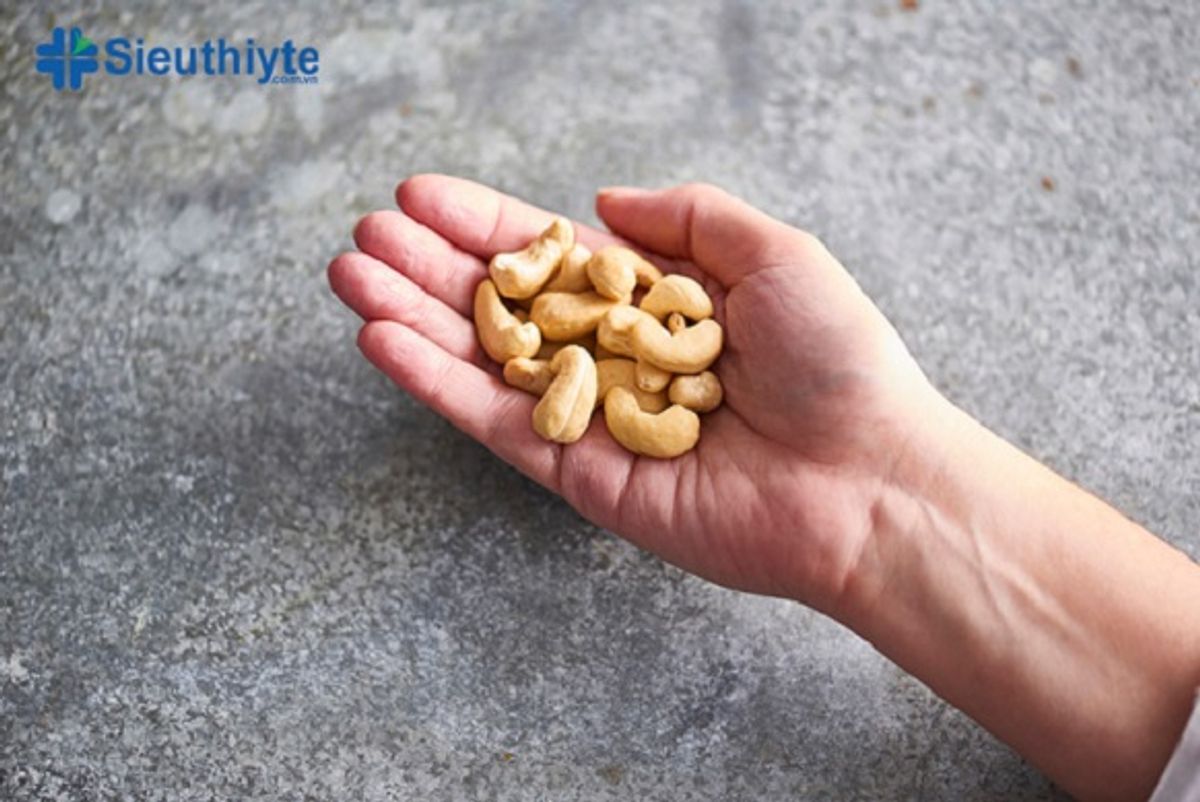
- While cashews are nutritious, they are also calorie-dense. It's important to enjoy them in moderation to avoid weight gain, which can exacerbate diabetes symptoms.
Benefits
- Blood Sugar Management: The low GI and nutrient profile of cashews help manage blood sugar levels.
- Heart Health: Cashews can help increase levels of good cholesterol (HDL) and lower bad cholesterol (LDL), reducing the risk of heart disease.
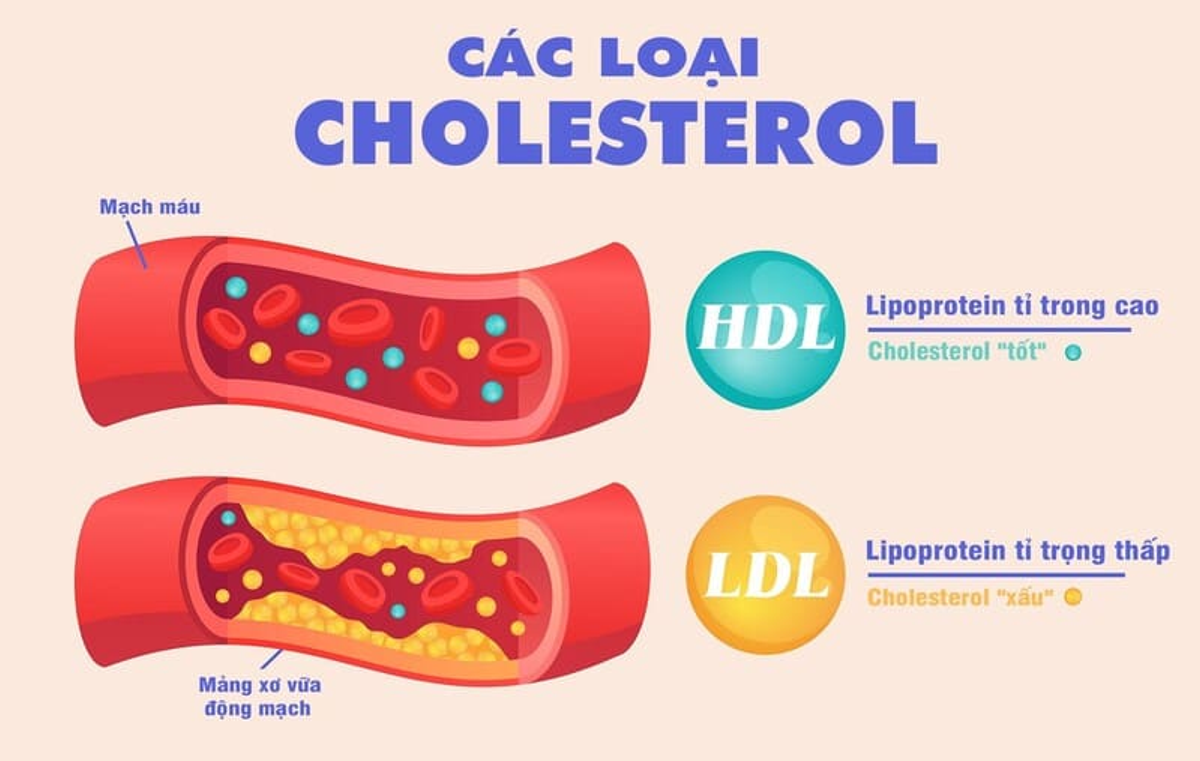
- Weight Management: Including cashews in a balanced diet can help with weight management, which is crucial for diabetes control.
Tips for Incorporation
- Enjoy a small handful of raw or roasted cashews as a snack.
- Add chopped cashews to salads or stir-fries for extra flavor and texture.
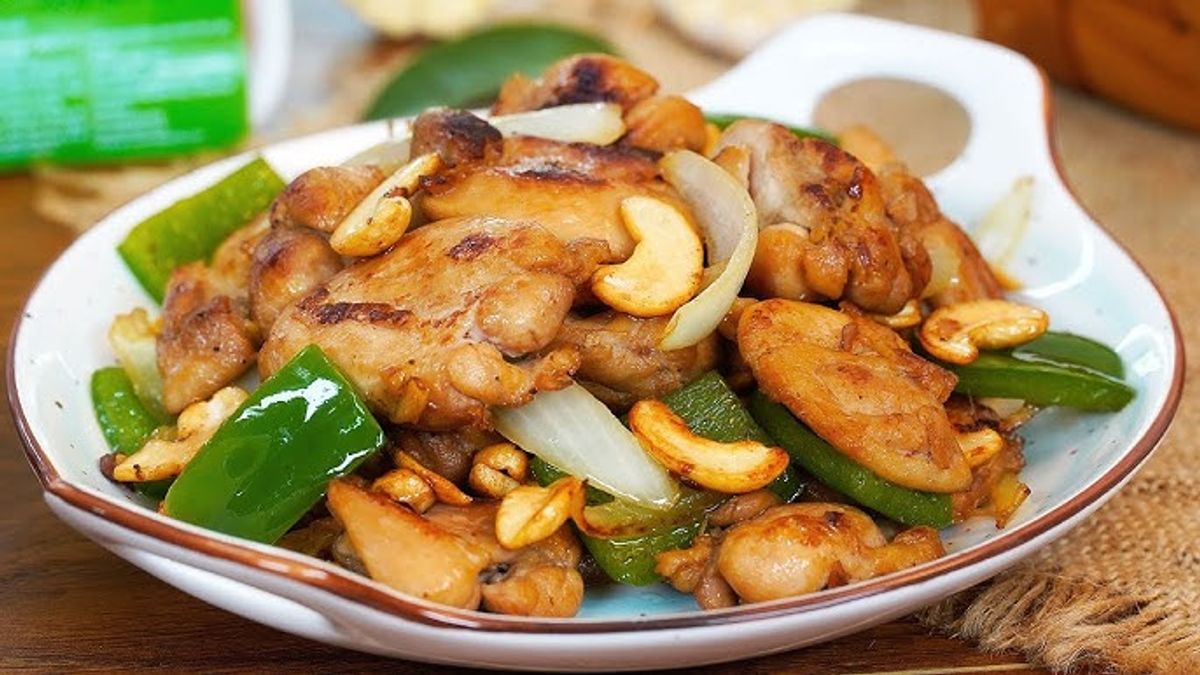
- Use cashew butter as a spread on whole grain toast or as a dip for fruits and vegetables.
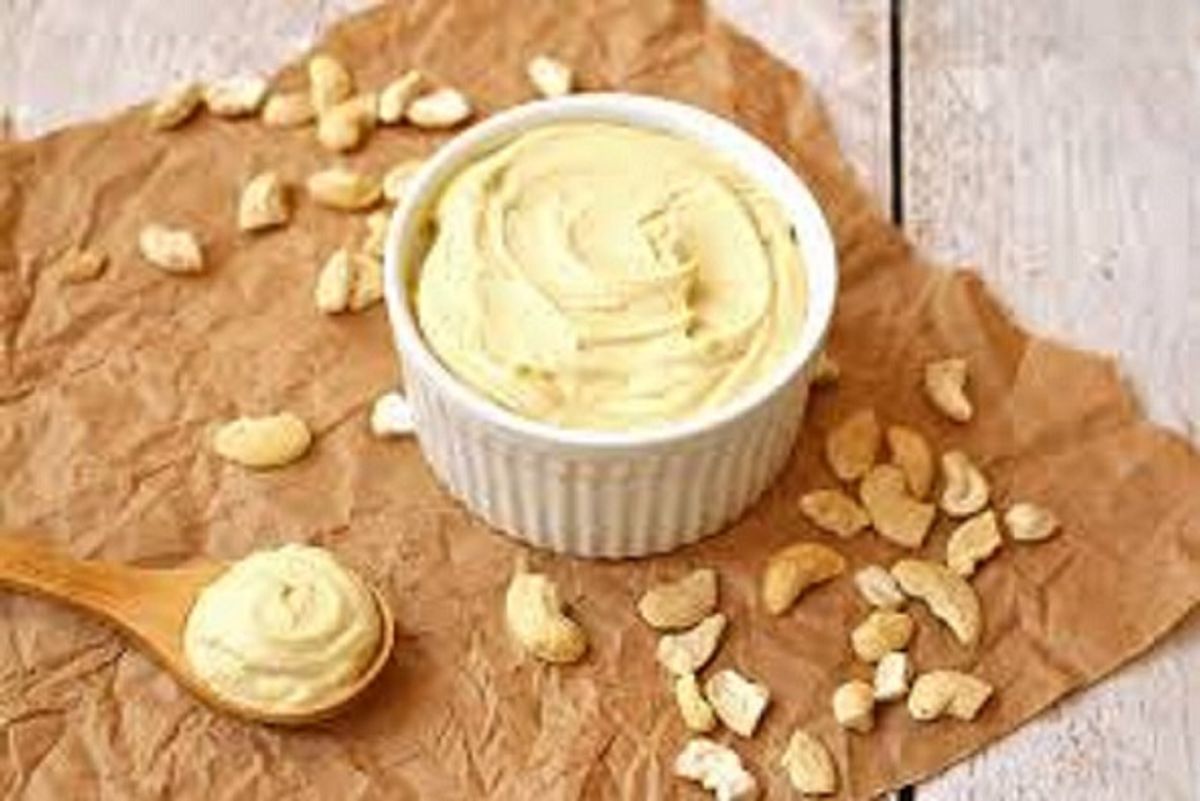
Incorporating cashews into your diet can provide both nutritional benefits and help manage diabetes effectively.
4. Which cashew nuts should you eat to add the right amount of sugar to your body?
Cashews have a low natural sugar content but still provide the necessary energy for the body. Here are some ways to eat cashews to supplement the right amount of sugar:
Eating Whole Cashews
- Portion: About 28 grams (equivalent to a small handful) per day.
- Benefits: Provides energy, healthy fats, and protein, helping to maintain stable blood sugar levels.
Combining with Fruits
- Suggestion: Pair cashews with fruits like apples, pears, or grapes to balance fats, proteins, and carbohydrates.
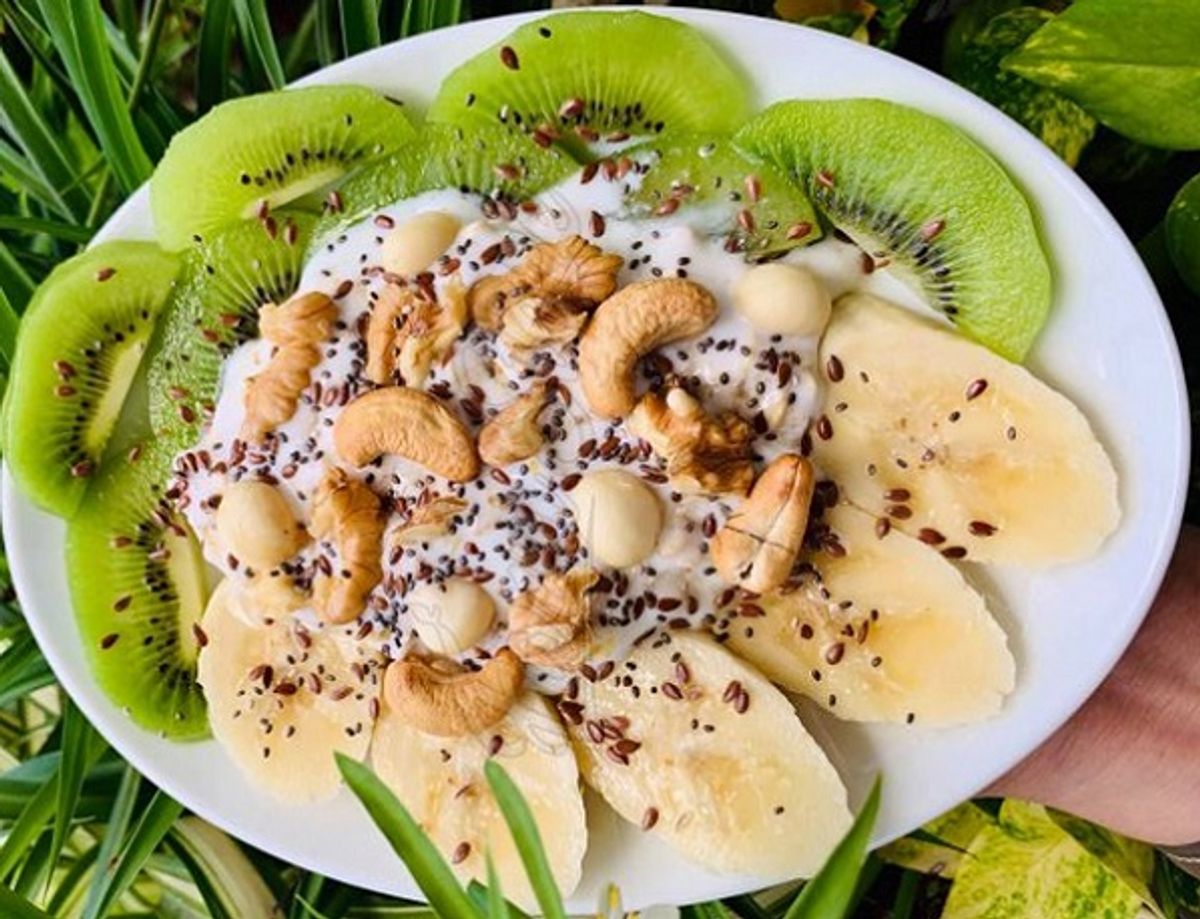
- Benefits: Provides natural sugars from the fruits, quickly supplementing energy without causing a sudden spike in blood sugar.
Adding to Dishes
- Suggestion: Add cashews to salads, yogurt, or oatmeal to enhance nutrition.

- Benefits: Supplies energy from various sources and enriches the meal.
Using Cashew Butter
- Portion: Use cashew butter as an ingredient in breakfast or as a component in light snacks.
- Benefits: Supplements energy and healthy fats without worrying about excessive sugar intake.
Avoiding Sweetened Cashews
- Note: Avoid cashews that are sweetened or have added sugar, as they can cause a sudden spike in blood sugar.

- Alternative: Choose whole or unsalted roasted cashews to control sugar intake.
Combining with Protein and Fiber
- Suggestion: Pair cashews with other sources of protein and fiber like Greek yogurt, almonds, or chia seeds.
- Benefits: Helps maintain stable blood sugar levels and provides complete nutrition.
Cashews are a great choice for snacks and energy supplementation, but remember to control portions and choose the right type of cashews to maximize their nutritional benefits!
5. Notes when eating cashews for diabetics
Here are some key notes for diabetics to consider when eating cashews:
Portion Control
- Moderation: Stick to a small handful (about 28 grams) per serving. Cashews are calorie-dense, so eating them in moderation is key to avoiding unwanted weight gain, which can affect blood sugar control.
Unsalted, Unflavored
- Choose Wisely: Opt for raw or dry-roasted, unsalted cashews. Avoid those with added sugars or flavorings which can increase carbohydrate intake.
Pairing
- Balanced Snacks: Pair cashews with other low-glycemic foods like vegetables or whole grains to help stabilize blood sugar levels.
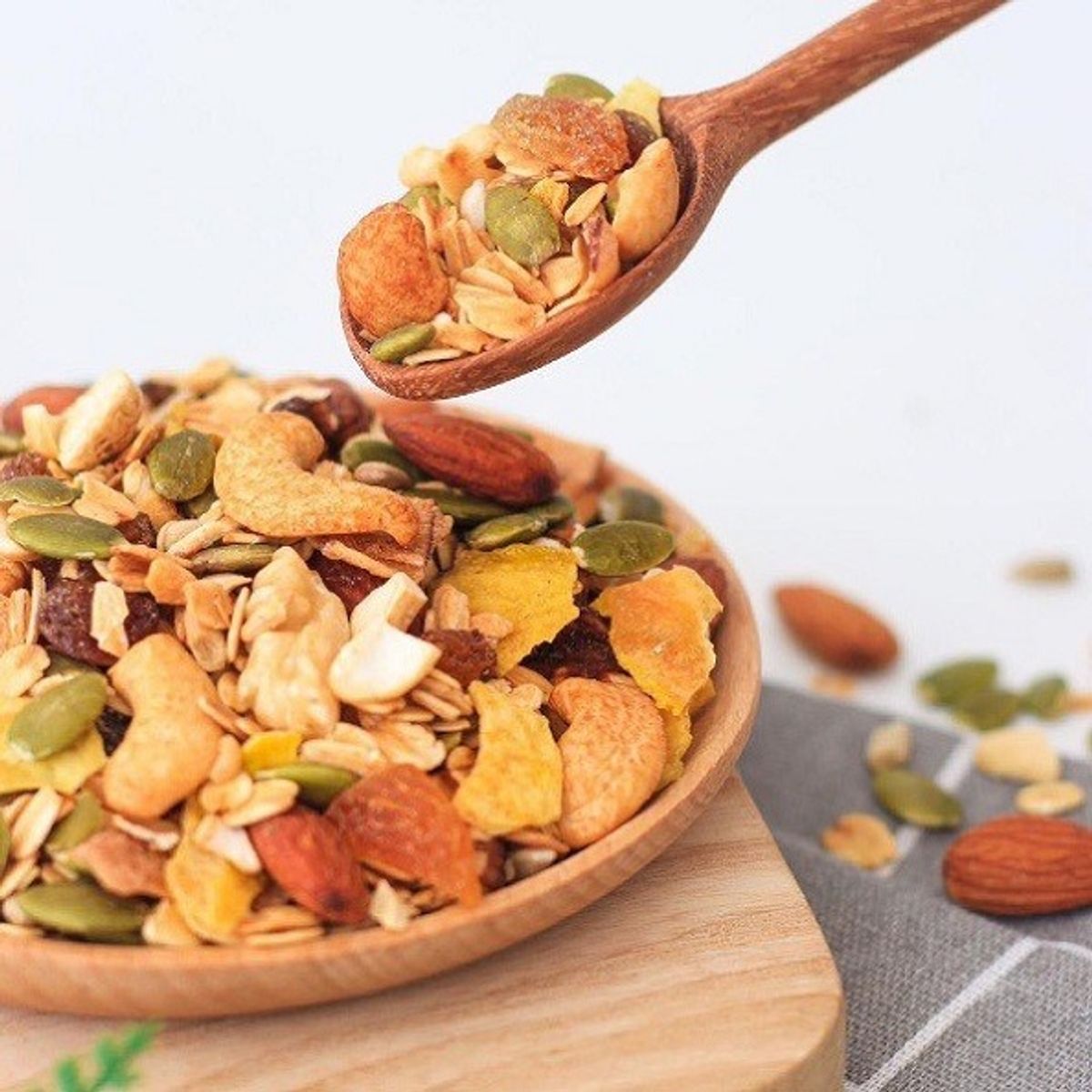
- Protein and Fiber: Combining cashews with protein or fiber-rich foods can further help in managing blood sugar.
Glycemic Index
- Low GI: Cashews have a low glycemic index (around 25), meaning they cause a slower rise in blood sugar levels compared to high-GI foods.
Monitor Blood Sugar

- Check Levels: Keep an eye on your blood sugar levels to see how your body reacts to cashews. This helps in adjusting portion sizes and frequency of consumption.
Consult Healthcare Provider
- Professional Advice: Always consult with a healthcare provider or dietitian for personalized dietary advice, especially if you have any specific health conditions or dietary restrictions.
Nutritional Benefits
- Rich in Nutrients: Cashews are high in healthy fats, protein, vitamins, and minerals, contributing to overall health and possibly improving insulin sensitivity.
By following these tips, you can enjoy the nutritional benefits of cashews while maintaining good blood sugar control.
Xem thêm: Ăn hạt điều có tăng lượng đường trong máu không? Thành phần các loại đường trong hạt điều
Learn more: Does eating cashews increase blood sugar levels? What are the sugars in cashews?